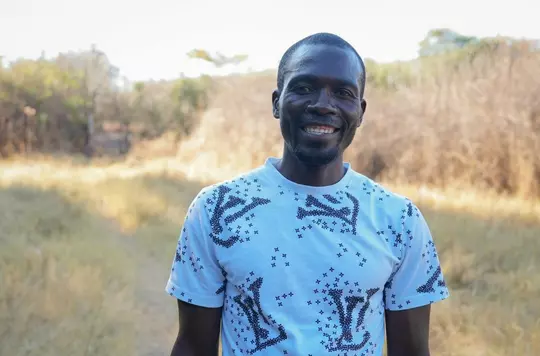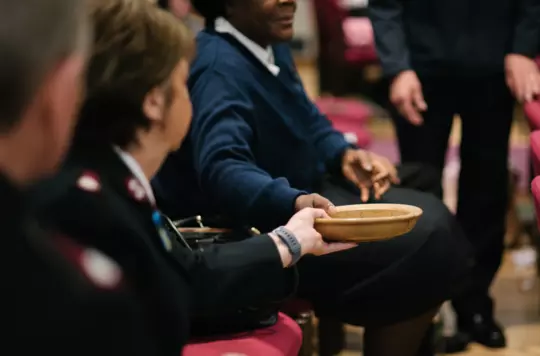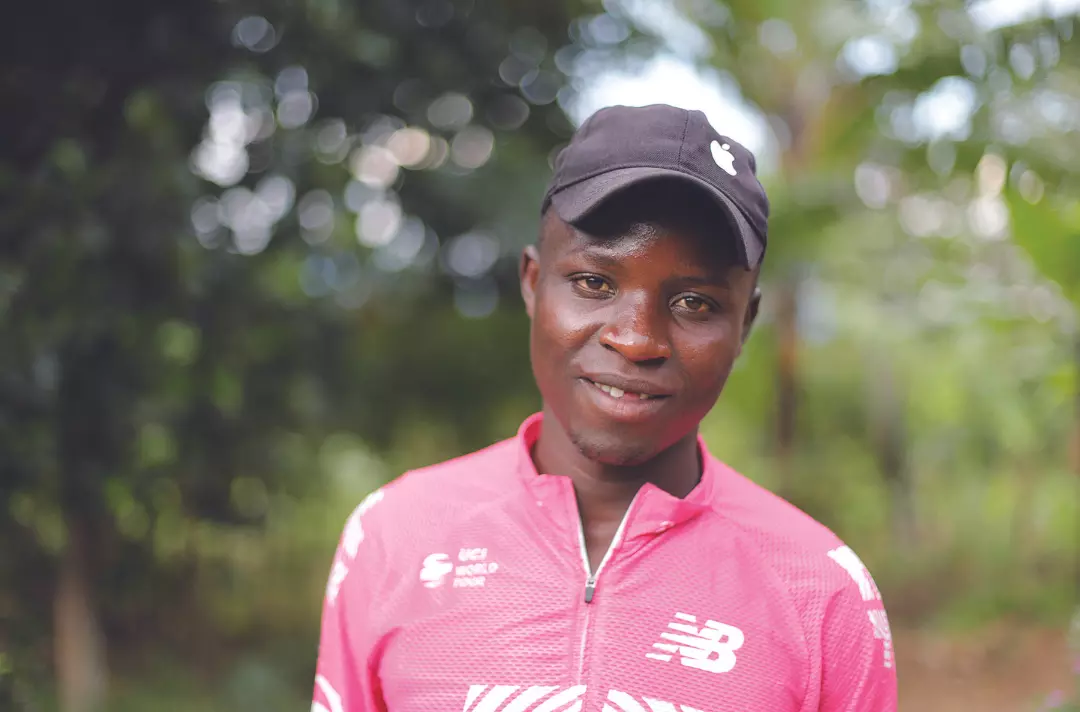
Hayley Still introduces the 2024 Helping-Hand Appeal.
Uganda boasts a diverse landscape, from the lush green expanses of its national parks to the bustling vibrancy of its urban centres. Often called ‘the Pearl of Africa’, this beautiful country is not without its challenges.
Unequal healthcare access, insufficient educational opportunities, constrained political freedoms and human rights, and persistent gender disparities in education, employment and representation prevent many from fully experiencing the richness of life. Additionally, the growing youth population and the lack of sufficient job opportunities have led to high rates of youth unemployment.
One key threat is human trafficking, with research suggesting that Uganda is a source, a place of transit and a destination for men, women and children. The 2024 Helping-Hand Appeal is focused on supporting The Salvation Army’s anti-trafficking work in this country and internationally.
Traffickers particularly target young people, either in person, by word of mouth or via social media. Generally, young men are offered work in the agricultural sector, while women and girls are trafficked for domestic servitude, either internally or across international borders.
The Army’s Uganda Territory is running a project focused on raising awareness about human trafficking, supporting survivors and strengthening community resilience.
The project is focused on five trafficking hotspots along the Kenyan border in which young people are particularly vulnerable. These communities were also chosen because The Salvation Army has an existing presence there. The trust the community has in the Army as a local faith organisation, the existing knowledge and the links with local stakeholders have been great assets.
The project identified 20 champions to help raise local awareness of trafficking and mobilise communities to respond creatively to the risks of human trafficking. As a result, 20 community savings groups have been established to enhance economic stability and community cohesion.
Alongside this, some groups have seen members contribute time and skills to collaborate on other income- generating initiatives, such as making juice. Young people have formed their own groups, which have generally taken the form of sports teams.
Clinton (pictured above) is chair of one of the young people’s groups. He became involved in the project after the Army supported him to return home after being trafficked to Kenya. The group sessions involve discussions about human trafficking, how to spot the signs and how to keep safe.
Clinton said: ‘Together, we save money and can borrow from the treasury to boost our business, or to help if we have issues.
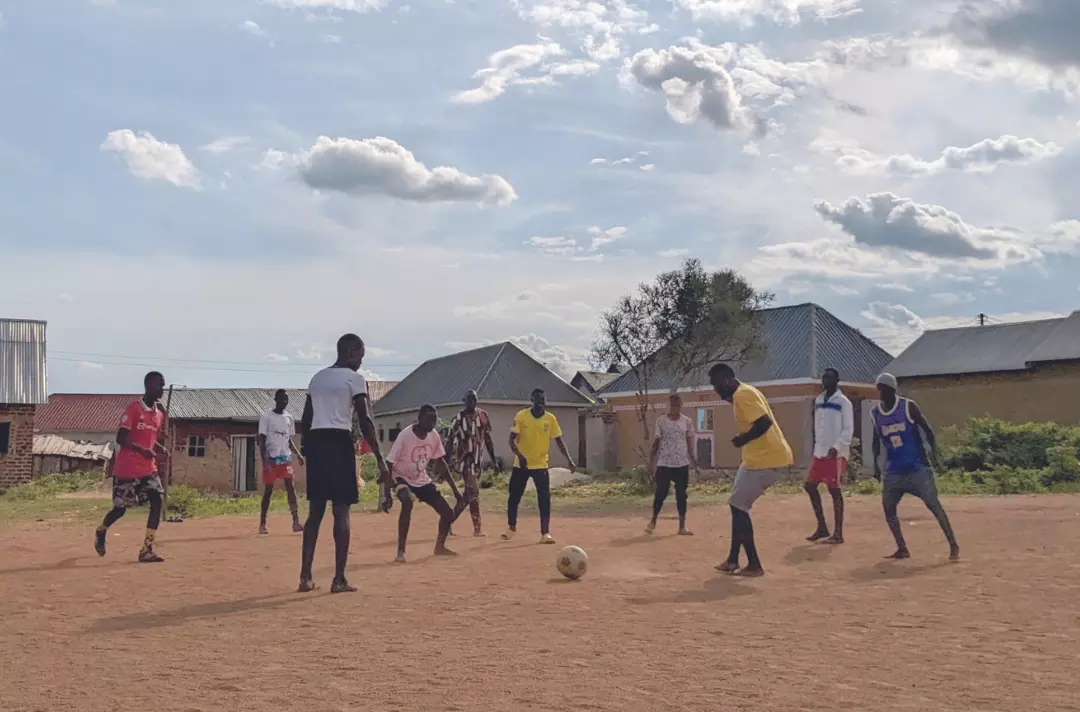
‘We are also supported by a champion. He mobilises us and teaches us a lot. We now look out for our friends and, if we hear that anyone is looking to cross the border for work, we speak up. This group has helped me and my friends. I realise how dangerous human trafficking is in my community, so I keep talking to my friends about it.’
Alongside these elements, football is an important part of the group.
‘After we meet,’ Clinton continues, ‘we always get together to play football. This means we avoid the things in the community that could get us into trouble. We have no time for this because, after football, we just go home, shower and rest.
‘Alongside football, we continue saving together and decide together how to use the money in the treasury. Recently we decided to grow spinach and sell it at the market. This way, each of us can get a little money. We take some of the profit for the treasury, so the pot grows. Then, if one of us has a challenge, we can use a bit of the money to help solve their problem. If we have any issues, we can talk to the group. We support one another as friends here.’
The story of human trafficking does not end when a person returns home. For survivors, the journey of recovery continues. This is why forming community groups – as well as providing follow-up care and counselling – is an essential part of the Army’s work.
Clinton’s story of recovery is a great example of this, and his enthusiasm to support others is inspiring. By donating to the Helping- Hand Appeal, you can also help to support others in stopping human trafficking.
Written by
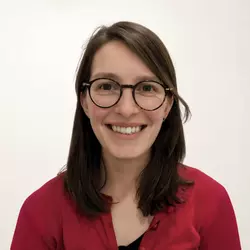
Hayley Still
UK Engagement Co-ordinator, International Development
Discover more
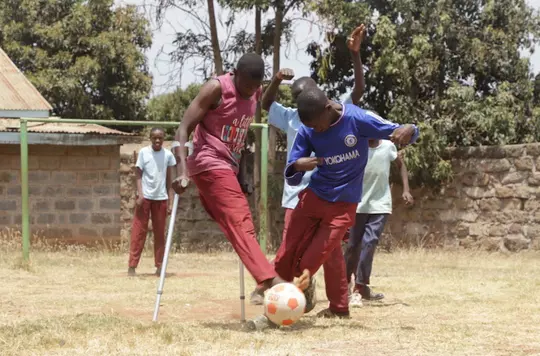
Benjamin Gilbert explains the differences and links between the Army’s two major international appeals.
